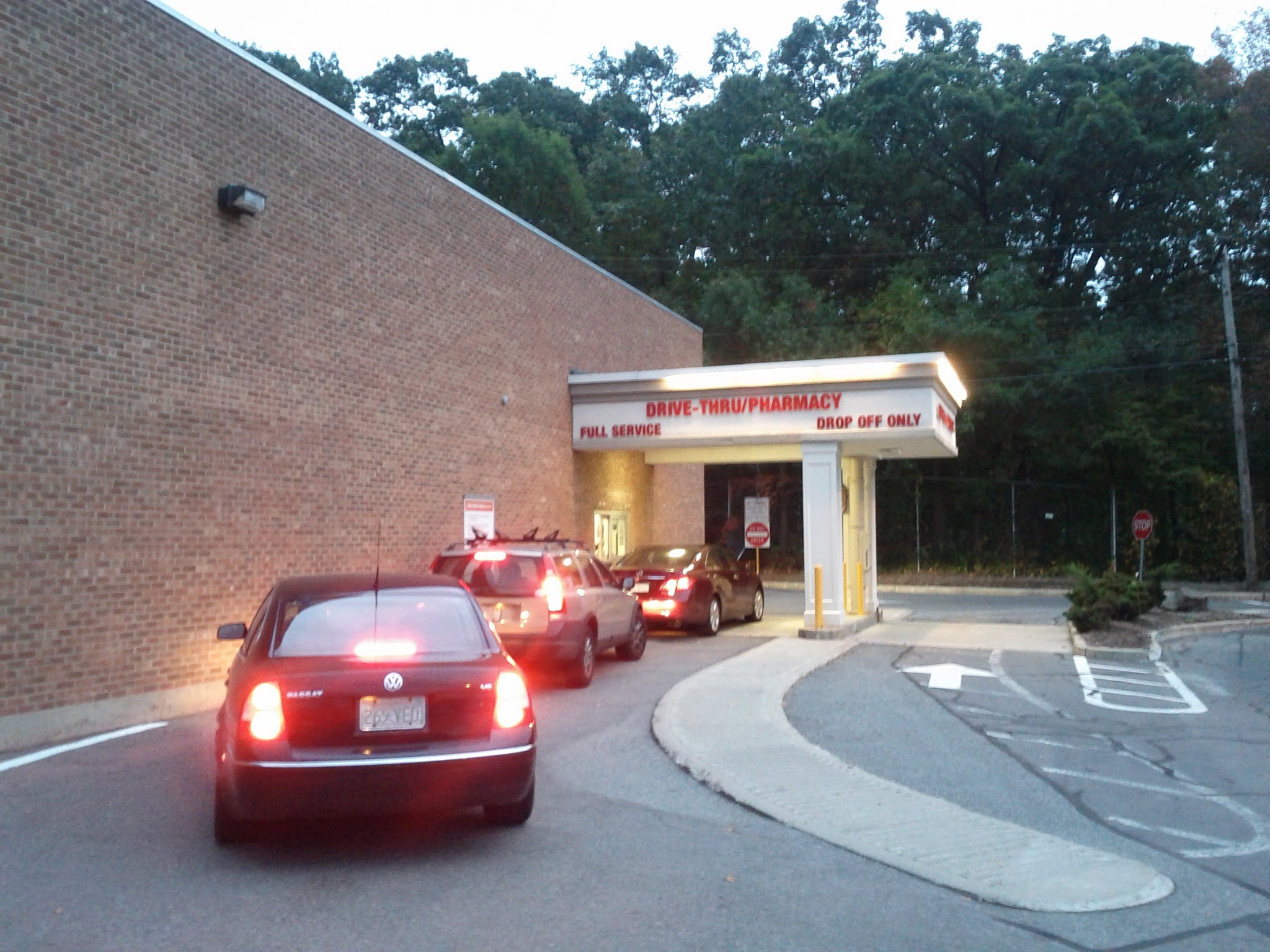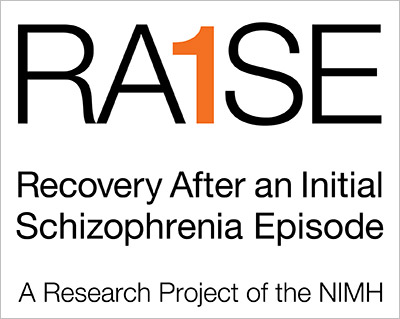Historic $60 Million Verdict Secured in Nassau County by Medical Malpractice Attorney Marijo Adimey
In a landmark victory for medical malpractice victims in New York, attorney Marijo C. Adimey of Gair, Gair, Conason, Rubinowitz, Bloom, Hershenhorn, Steigman & Mackauf has obtained what is believed to be the highest medical malpractice verdict ever recorded in Nassau County. The jury awarded a unanimous $60,033,041.23 to a 65-year-old electrical mechanic who was left permanently paralyzed following a routine epidural steroid injection.
The procedure took place on November 18, 2019 at the Pain Institute of Long Island. The injection, intended to treat common lower back pain, was administered by Dr. Robert Iadevaio. Within minutes of awakening from the procedure, the plaintiff suffered a spinal cord infarction that resulted in irreversible paraplegia, neurogenic bowel and bladder, neuropathic pain, and incontinence.
The plaintiffs’ legal team presented compelling evidence during trial, including spinal angiogram imaging suggesting an embolic stroke, and inconsistent with the medication listed in the physician’s records. It was alleged that a different medication — one not recommended for use and commonly known to pose a high risk of spinal infarct if accidentally introduced into an artery — was used instead, pointing to a grave error during the administration of the injection. The plaintiffs called experts in the field of Interventional Pain Medicine and Interventional Neuroradiology, who testified that based upon the spinal imaging and known mechanisms of spinal infarct, the physician’s procedure note could not have been accurate. The result was a life-altering injury that devastated not only the victim’s physical and mental health but also his family’s financial security and emotional well-being. Plaintiffs also called experts in the fields of Neurology, Life Care Planning, Psychiatry and Forensic Economics to present evidence of plaintiff’s profound damages.
 New York Personal Injury Attorneys Blog
New York Personal Injury Attorneys Blog




 To prescribe or recommend certain types of pain medicine to a pregnant woman can be medical malpractice that can result in miscarriage, birth defects or attention deficit hyperactivity disorder (ADHD).
To prescribe or recommend certain types of pain medicine to a pregnant woman can be medical malpractice that can result in miscarriage, birth defects or attention deficit hyperactivity disorder (ADHD). 
